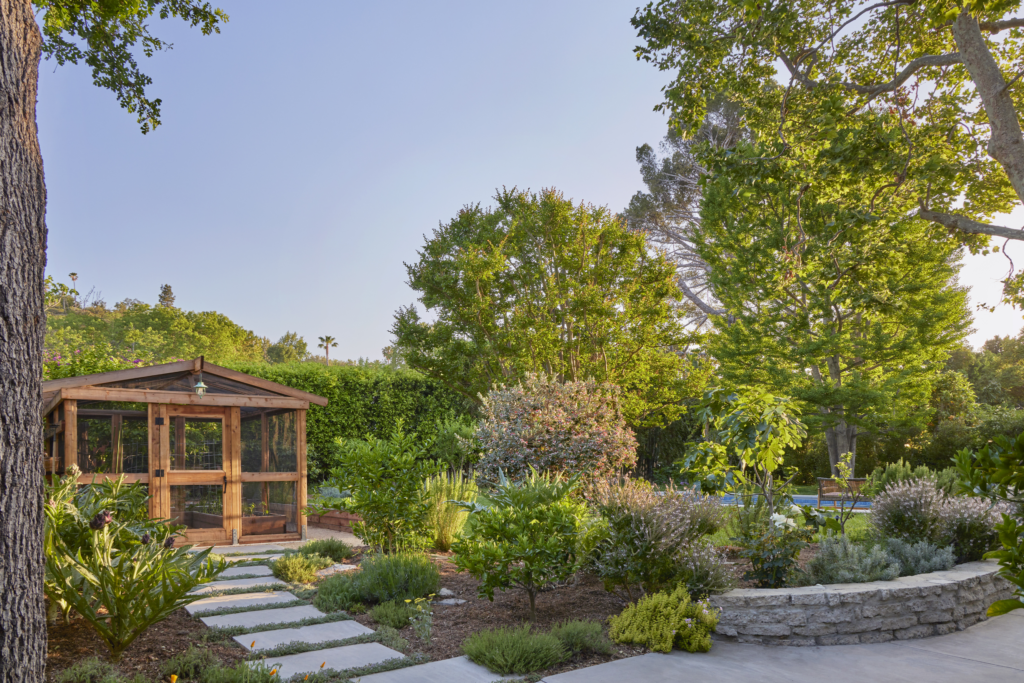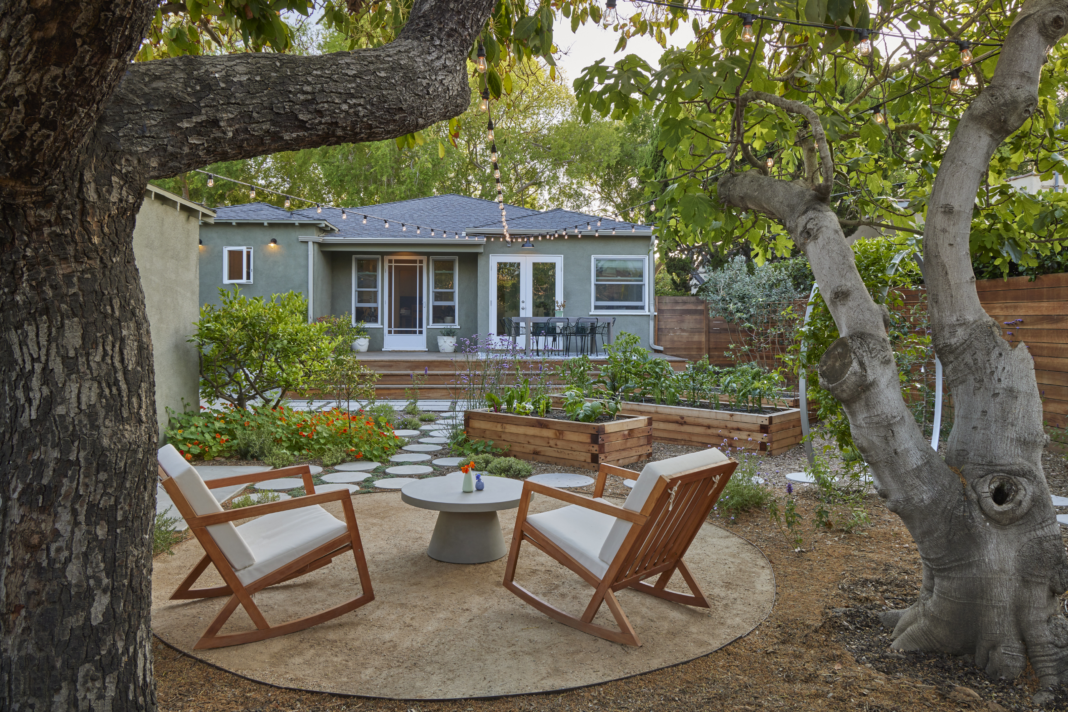L.A.-based Farmscape Gardens helps bring fresh food to front yards and urban spaces across Los Angeles while cultivating climate-conscious landscaping.
Los Angeles is no stranger to agriculture: The city was founded as a small farming community in 1781. But as the region developed, urban sprawl pushed the acres of orchards and rows of crops that built the city to other parts of the state.
Recently, though, L.A. has seen an agricultural resurgence, as the challenges of climate change have caused a new generation of homeowners to ask more of their landscaping. Residential and urban farming is growing in popularity among Angelenos, with front-yard farms sprouting up in neighborhoods throughout the area.
Farmscape, a Los Angeles-based landscaper, is one of the companies driving the change. Founded in 2008 by master gardener Dan Allen and designer Lara Hermanson, Farmscape has grown to become California’s largest food-focused sustainable landscaping company.
Collaborating with clients in residential, commercial, and community areas, Farmscape designs, installs, and maintains sustainable, edible urban gardens.

Building a successful residential farm in Los Angeles, according to Allen, relies on three main factors: site selection, soil selection, and irrigation.
“When it comes to planting a successful garden, we focus on garden planning—providing a balanced harvest based on crop preferences, appropriate plant spacing, and considerations of plant height and shade that can result in a densely cultivated space,” he says. “Our challenge is to bring the farm back to the city, but in a manner that’s adapted to how we live now.”
How do they do that? “Raised beds instead of sprawling row crops on a homestead, varied fruit production from smaller home-orchard-sized trees designed for backyards rather than acres of citrus groves, and California native plantings to restore the habitat for pollinators that has been removed as the city was developed,” Allen says.
Farmscape even takes steps to make sure each of its gardens are properly maintained after they’re planted: A team member assigned to the garden visits the site at least once a week to aid with pest management, irrigation adjustments, harvesting crops, and general beautification.
There is a lot about today’s climate, so to speak, that urges Angelenos to farm right in their front yards, Allen says. From the passion to rebuild local ecosystems to the desire to reconnect to where their food comes from, residents want more than just a lawn.
With that in mind, Allen and his team design Farmscape gardens with seasonal crops that yield fresh produce alongside water-wise native plants, effectively rethinking the way land and natural resources are used in urban and residential spaces. Collectively, their edible gardens yield between 150,000 to 200,000 pounds of food annually.
“We work with clients who appreciate the benefits of growing their own food—the unique varieties of crops that you can grow, the crispness of a head of lettuce straight from the garden and the flavor of a homegrown tomato,” Allen says.
What’s more, Farmscape’s urban farms are designed to address the ongoing water shortage throughout California. “Each of our gardens use 70 to 90 percent less water than if those areas were used for lawn,” Allen says.
Although Farmscape requires at least 100 square feet of growing space from the spaces they work with, Allen says personalized urban farming is feasible for anyone.
A new generation of homeowners and tenants want more from their landscapes. For all the resources that go into these spaces, they can be vibrant and productive rather than static and ornamental.
– Dan Allen, co-founder of Farmscape
“Urban farming is a viable option for most Angelenos. It’s really just a question of scale,” he says. “For apartments, townhomes or properties with access to limited outdoor space, this might look like a handful of their favorite herbs grown in pots.”
Farmscape proves that landscapes can be more than ornamental, contributing to local ecosystems and fulfilling the needs of the residents who maintain them.
“A new generation of homeowners and tenants want more from their landscapes,” Allen says. “For all the resources that go into these spaces, they can be vibrant and productive rather than static and ornamental.”


